Description
About GNIOT College Greater Noida
- GNIOT College was established in 2001. It is one of the rising Institutes in management and technology education.
- The GNIOT College has been ranked as AA+ by Careers 360 and best B school for employability by The Times Group.
- Courses offered- Bachelors of Technology, Masters of business administration, Post graduate diploma in management, Bachelors in computer application, Bachelors of Business Administration, Bachelor of Commerce, Master of technology, Masters in computer application, BBA + MBA integrated and Bachelors of science in computer science.
- The GNIOT College has been approved by AICTE and belongs to AKTU, Lucknow as well as Chaudhary Charan Singh University, Meerut.
What is the Admission Process at GNIOT College?
Follow the step by step guide for details about the admission process-
- The first and the foremost requirement for securing admission is through UPSEE Counselling.
- Once you have been allocated a seat through the counselling, you need to visit the admission coordinator and present to him your allotment letter
to get the documents such as fee structure, prospectus, bus pass form, scholarship affidavit, Hostel form and list of documents required. - Once you fill up the request letter to obtain an application form related to admissions you need to be present with the photocopy of all the documents to the admission coordinator and get an admission file.
- The admission file will contain two documents- ID generation form and admission application form.
- Once you are done with your admission file you are required to report and submit the above forms collected so that your admission file could be completed.
- Once this is done you need to contact the file coordinators so that you can get an ID and deposit fee.
- Now collect the fee deposit slip and deposit the applicable fee.
- If you have filled your requirement for hostel, you need to contact the hostel warden, you need to present to them the hostel registration form along with photocopies of the proof that you deposited the hostel fee.
- Similarly if you have opted for a transport facility, you need to visit transport in charge so that they can issue a bus pass for you once you deposit the fee.
- After completing all of the process, you will be informed through the official website when you need to report to the institute next.
Why Choose GNIOT College, Greater Noida
- Recent placement statistics offer a very bright picture with over 1600 + placement offers being made. The average package is around 7.25 lpa with the highest package being 27.25 lakhs per annum.
- Top recruiters include Accenture, Coursera, L&T, Grant Thornton and DCAL.
- GNIOT College provides 360 degree technical and soft skills training to the students to transform them into industry ready individuals.
- Infrastructure includes library, lecture halls, gallery, computer lab, Caferia. Facilities of transportation, medical and hostel are also available.
- Life at GNIOT College is culturally embedded with seminars, fashion shows happening around the corner.
GNIOT College Eligibility
For BBA, BCA, B.Sc, B.com and B.com (hons.)- Candidate must have passed class 12th with minimum 45 percent marks.
For B.tech candidates must have passed class 12th with 45 percent marks along with having studied physics, chemistry, maths or biology.
For the Masters program at GNIOT College, candidates must have qualified for a 3 year graduation program.
GNIOT College Fee Structure
| Course | Total Fees/Year | Duration |
| B.Tech | ₹1.56,00 | 4 Years |
| BCA | ₹95,400 | 3 Years |
| MBA | ₹1.81,000 | 2 Years |
| BBA | ₹95,400 | 3 Years |
| BBA + MBA | ₹90,000 | 5 Years |
| B.Com {Hons.} | ₹72,000 | 3 Years |
| M.Tech | ₹70,000 | 4 Years |
Campus Location
Plot No. 7, Knowledge Park-II, Greater Noida, Uttar Pradesh, India.
Nearest Metro Station- Knowledge Park II
Helpline Number- 8860606661
Email- admissions@gniot.net.in
Frequently asked questions (FAQS)
Q: What is the college code of GNIOT College?
Ans: The college code of GNIOT College is 132.
Q: Which is the nearest metro station to GNIOT College?
Ans: Knowledge Park II is the nearest metro station to GNIOT College. From there you can have a 10 minute walk to reach the institute.
Q: What all courses are available at GNIOT College?
Ans: Bachelors of Technology, Masters of business administration, Post graduate diploma in management, Bachelors in computer application, Bachelors of Business Administration, Bachelor of Commerce, Master of technology, Masters in computer application, BBA + MBA integrated and Bachelors of science in computer science.
Q: What is the helpline number of GNIOT College?
Ans: The helpline number of GNIOT College is 8860606661. You can contact the number in the official hours./
Q: Does GNIOT College offer masters courses?
Ans: Yes, GNIOT College offers masters programs in MBA, MCA and MTech. Minimum eligibility is a 3 year undergraduate program.
Q: When was GNIOT College established?
Ans: GNIOT College was established in the year 2001. Since then it has continued to provide excellent education with quality teachers.
Q: How are faculty members at GNIOT College?
Ans: The faculty members of GNIOT College are highly qualified with a good experience in education and research. They use innovative techniques to teach students so that they are able to easily grasp the content.
Q: Does GNIOT College have a placement cell?
Ans: Yes, GNIOT College has a dedicated placement cell which works tirelessly to attract companies so that maximum number of students get placed. In addition to that they also provide career development training to the students.
Q: What facilities are available at GNIOT College?
Ans: The campus of GNIOT College is equipped with all the necessary facilities so as to enable a smooth and purposeful living. Infrastructure has been designed keeping in mind the needs of the students.
List of related college for Admission 2025-26
Campus Facilities
- Parking
- Free WiFi
- management
- engineering
- law

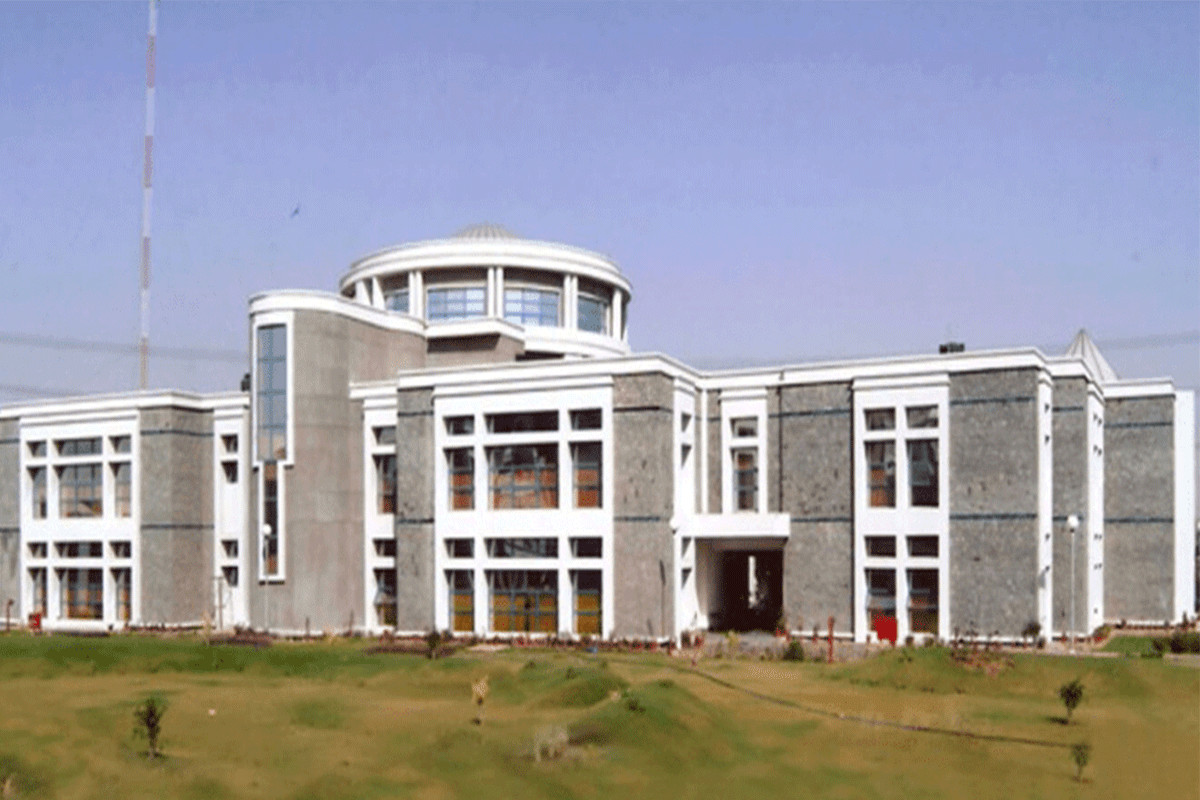
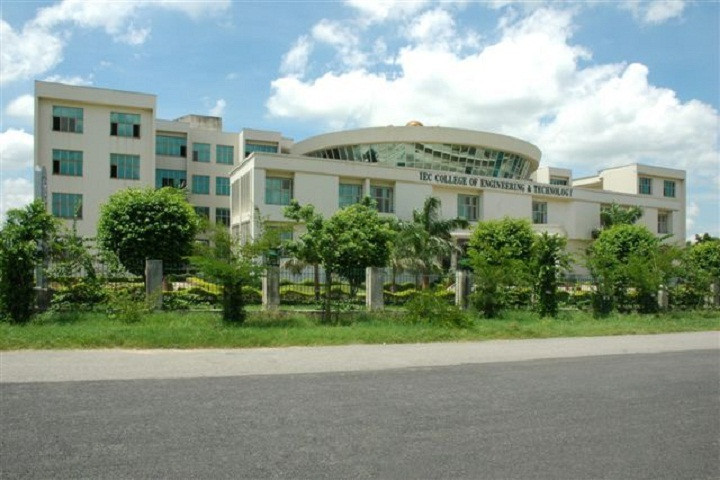
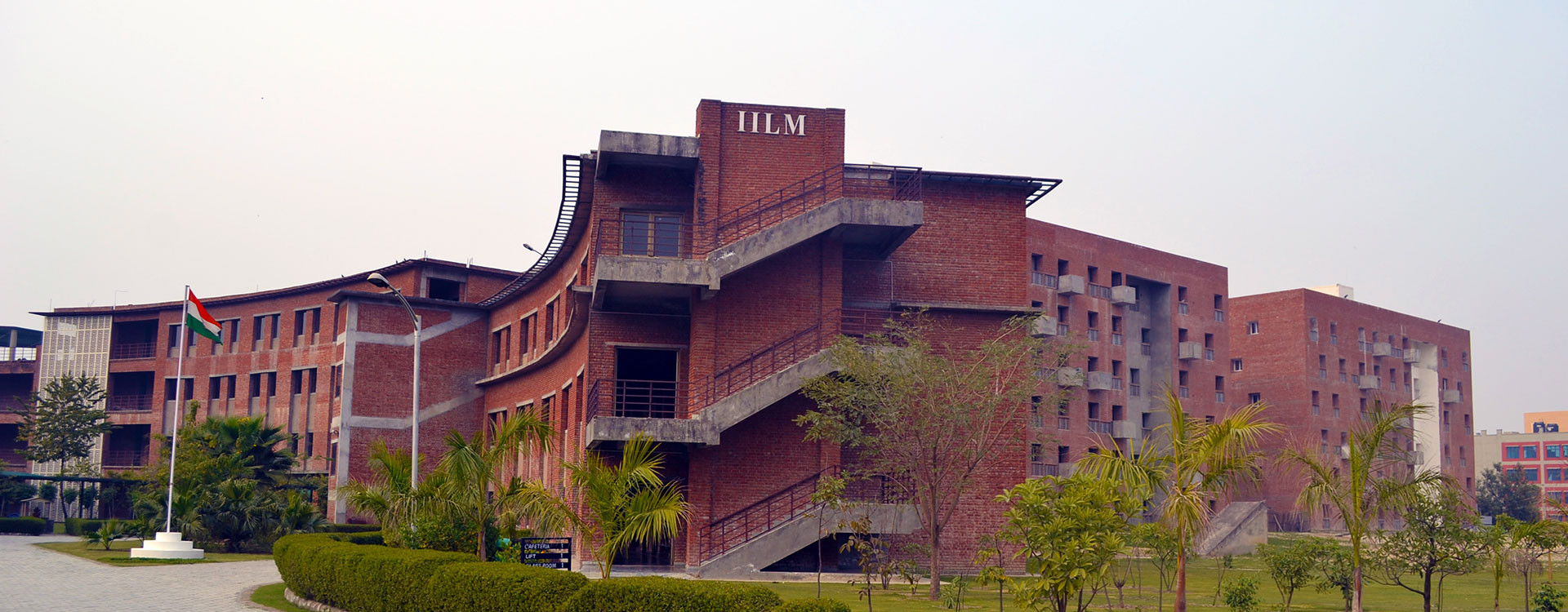
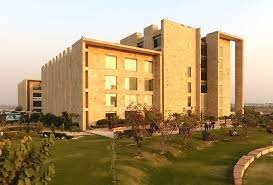
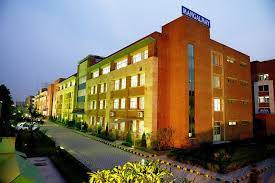

No reviews yet